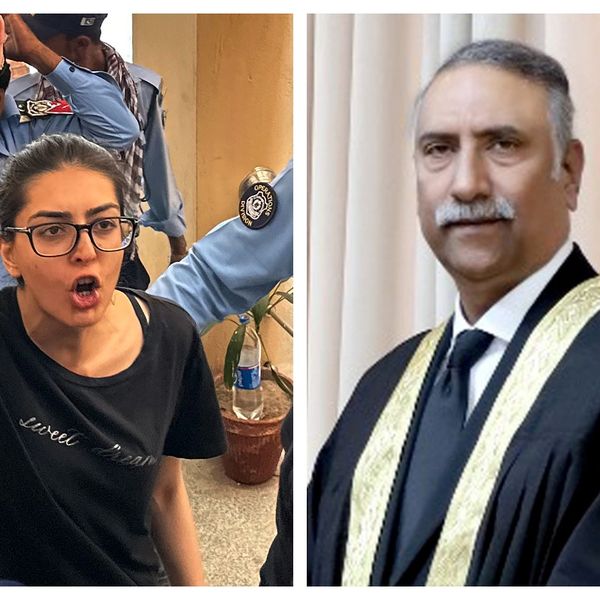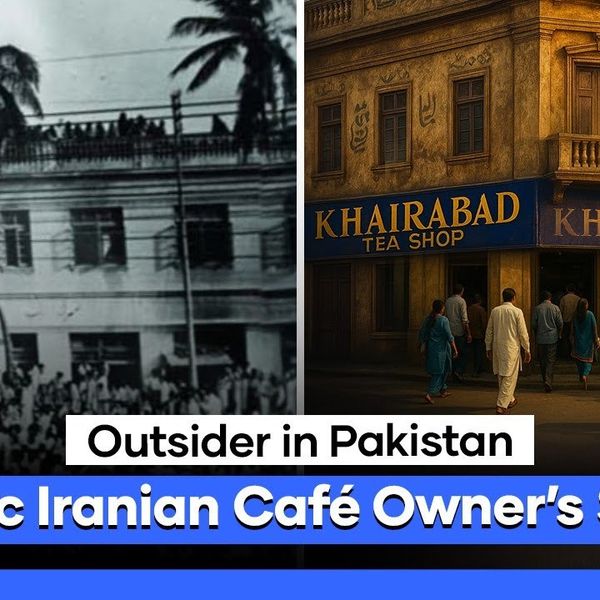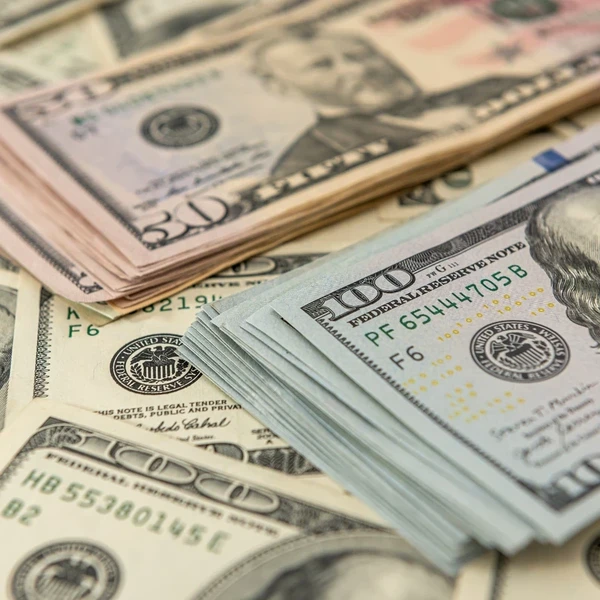
Umer Zaib
Senior Producer
Umer Zaib is a Karachi-based journalist and good Samaritan with five years of experience at Pakistan's leading news publications.

A photograph of a Washington Post headline commenting on Bezos's takeover of the newspaper, taken on August 10, 2013.
Courtesy Esther Vargas / Flickr
Practice dates back to 1860
Papers view endorsements as a 'public service'
The Washington Post and Los Angeles Times have abandoned their decades-long tradition of presidential endorsements just months before what polls suggest will be a neck-and-neck election between Vice President Kamala Harris and Donald Trump.
After the announcement, more than 200,000 Washington Post subscribers — roughly 8% of its paid readership — canceled their digital subscriptions, NPR reported, citing two unnamed sources. The timing of these cancellations indicates many readers are upset with the decision.
On the other hand, it isn’t possible to know how many readers are in favor of the move.
"Presidential endorsements do nothing to tip the scales of an election," Washington Post owner Jeff Bezos wrote in an opinion piece defending the decision. "What presidential endorsements actually do is create a perception of bias."
Why newspapers endorse candidates
Despite potential criticism about bias, newspapers have long viewed presidential endorsements as a crucial public service.
In a rare public justification, one of America's most influential papers, The New York Times, recently addressed this very question.
Responding to a reader, Opinion editor Kathleen Kingsbury explained that endorsements rely on "facts, research, reporting and clear-eyed values regarding the fitness of those seeking to lead the nation."
Kingsbury describes the endorsement process as akin to a rigorous job interview, where editorial boards evaluate candidates' experience, character, and ability to execute their proposed policies.
Newspapers maintain this tradition by keeping a strict separation between their editorial and news operations. Kingsbury highlights, "Endorsements come from the Opinion section and do not influence — nor are influenced by — the newsroom where reporters and editors produce our news report."
Why the Washington Post and LA Times stopped
Official explanations from both newspapers emphasized reader autonomy and journalistic independence. William Lewis, the Washington Post's CEO, framed the decision as "a statement in support of our readers' ability to make up their own minds".
Similarly, Soon-Shiong said the LA Times sought to "best inform our readers" while letting them make their final decisions independently.
Some argue the decisions by Bezos and Soon-Shiong reflect concerns about potential retaliation under a second Trump presidency.
Both billionaire owners have significant business interests potentially affected by federal decisions — Amazon's government contracts in Bezos' case, and FDA drug approvals for Soon-Shiong's biotech ventures.
How did the staff respond?
The backlash has been swift. Several prominent journalists have resigned in protest, including Washington Post editor-at-large Robert Kagan and LA Times opinion editor Mariel Garza.
Bob Woodward and Carl Bernstein, legendary Washington Post reporters famous for breaking the Watergate scandal in the 1970s, said the decision "ignores The Washington Post's own overwhelming reportorial evidence on the threat Donald Trump poses to democracy."
Guardian US editor Betsy Reed also offered a sharp rebuke: "They have chosen to sit on the sidelines of democracy and not alienate any candidate," she wrote, arguing that true journalistic independence means taking principled stands despite potential consequences.
The history of newspaper endorsements
Newspaper endorsements have been a feature of American democracy since 1860, when the Chicago Tribune backed Abraham Lincoln. Abraham Lincoln was also The New York Times' first endorsement.
But the practice hasn't been universal or consistent. The Washington Post began its endorsement tradition in 1976 with Jimmy Carter, though Washington Post CEO Lewis noted the paper had previously abstained from endorsements.
The LA Times suspended presidential endorsements from 1976 to 2004, only resuming with Barack Obama in 2008.
The New York Times has also recently scaled back the practice, ending state and local endorsements while maintaining its presidential endorsement tradition.
Does the press endorse candidates in other countries?
The United Kingdom also has a tradition of newspaper endorsements.
However, this Anglo-American tradition is far from universal. In the Middle East and South Asia, newspaper endorsements are almost non-existent.
While media outlets in these regions may display leanings to one party over another in their coverage, explicit political endorsements remain outside accepted journalistic practice.










Comments
See what people are discussing